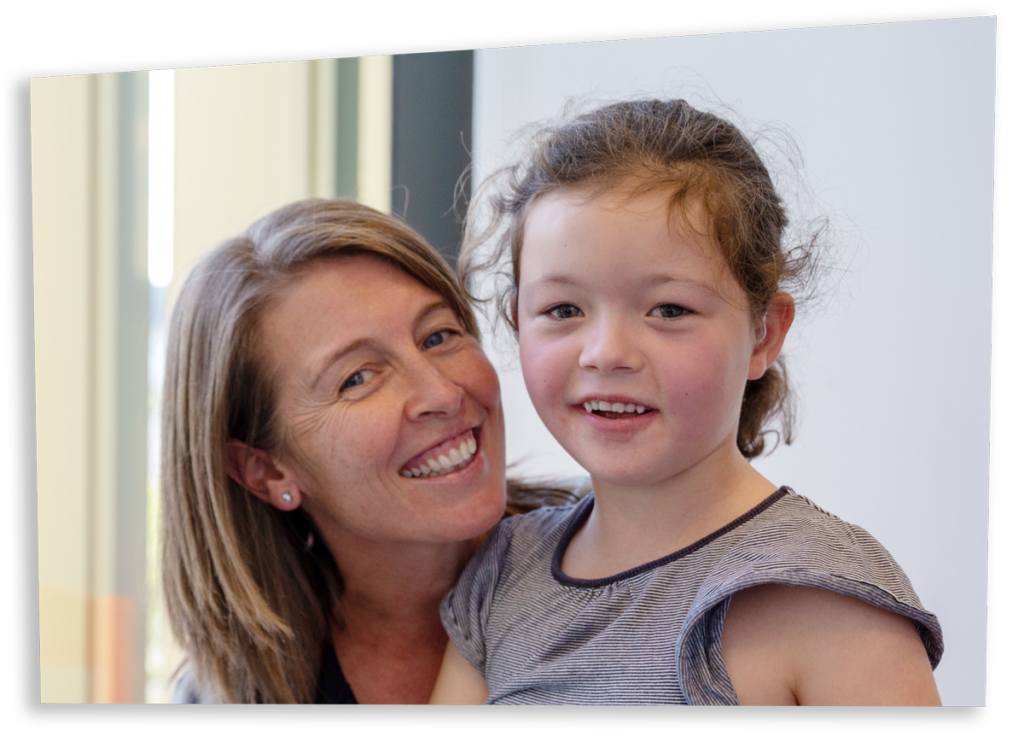AllPlay Life for
Parents/Carers
Welcome to AllPlay Life
These resources provide general information about life skills, tools and strategies for parents and carers of children with disabilities, as well as COVID-19 specific resources to navigate through this difficult time of remote learning and long day care, kindergarten and school closures, as well as general anxiety.

COVID-19 Materials for parents of preschool aged children
- Routine
- Return to On-site Learning
Routine
Having a consistent routine at home is key to supporting children of all ages during this pandemic. Our home schedule can help you maintain a predictable routine that includes play, physical activity, meals, sleep and more.
Four Strategies to help your child cope with disruptions to routine
- Keep what you can the same. Try to maintain a similar schedule day-to-day, keeping things like the morning routine, bedtime, and screen-time limits predictable.
- Use visual supports to communicate the new routine. Create your own visual schedule or click here to get a copy of our free downloadable home schedule cards.
- Get active. Engaging in physical activity can provide an opportunity to connect with family, broaden a child’s range of interests, increase motor skills, and have positive impacts on social-emotional development.
- Remember to breathe. Spend a few minutes of each day doing simple relaxations exercises. Use this script (and soft music in the background) with your child:
Sit or stand comfortably. Put your feet flat on the floor.
Close your eyes if you want to.
Take a deep breath. Breath in… breathe out…
Now focus on the bottom of your feet.
Slowly move your toes. How do they feel?
What can the bottom of your foot feel?
Can you feel your shoes?
Can you feel your socks?
Can you feel the floor?
Can you feel the top of your foot?
Keep breathing normally and think about how your feet feel.
Now focus on your hands.
Slowly move your fingers. How do they feel?
Are they cold?
Rub your hands counting to five. 1, 2, 3, 4 , 5
How do your hands feel now?
Keep breathing normally and think about how your hands feel.
Take a deep breath. Breath in… breathe out…
And now it’s time to stop.
Are you feeling calmer now?
Return to on-site learning
Long day care and kindergartens have been closing during the pandemic. If your child has been at home and away from an early childhood education and care setting, they may experience separation and general anxiety, as well as difficulties in their learning, social skills, behaviours and/or emotion regulation.
We recommend that you take time to:
- Prepare your child to transition back to long day care or kindergarten;
- Reflect on the strategies that have been effective at home;
- Speak with your centre about how your child coped during this period, and the areas they may need support with during the transition;
- Explore ways to create consistency across home and the centre.
The AllPlay Learn return to on-site learning packs can support your child and you with helpful tips, strategies and resources.
COVID-19 Materials for parents of school-aged children and young people
- Routine
- Self-Monitoring
- Engaging in fun and relaxing activities
- Preparing for return to on-site learning for children
Routine
Having a consistent routine at home is key to supporting children of all ages during this pandemic. Our home schedule can help you maintain a predictable routine . Remember to also schedule breaks away from the screen and for physical activity, just like you would for snack time or teacher meetings.
Four Strategies to help your child cope with disruptions to routine
- Keep what you can the same. Try to maintain a similar schedule day-to-day, keeping things like the morning routine, bedtime, and screen-time limits predictable.
- Use visual supports to communicate the new routine. Create a visual schedule or click here to get a copy of our free downloadable home schedule cards.
- Get active. Engaging in physical activity can provide an opportunity to connect with family, broaden a child’s range of interests, increase motor skills, and have positive impacts on social-emotional development.
- Remember to breathe. Spend a few minutes of each day doing simple relaxations exercises. Use this script (and soft music in the background) with your child:
Sit or stand comfortably. Put your feet flat on the floor.
Close your eyes if you want to.
Take a deep breath. Breath in… breathe out…
Now focus on the bottom of your feet.
Slowly move your toes. How do they feel?
What can the bottom of your foot feel?
Can you feel your shoes?
Can you feel your socks?
Can you feel the floor?
Can you feel the top of your foot?
Keep breathing normally and think about how your feet feel.
Now focus on your hands.
Slowly move your fingers. How do they feel?
Are they cold?
Rub your hands counting to five. 1, 2, 3, 4 , 5
How do your hands feel now?
Keep breathing normally and think about how your hands feel.
Take a deep breath. Breath in… breathe out…
And now it’s time to stop.
Are you feeling calmer now?
Self-Monitoring
Consider helping your child develop skills to monitor their own behaviour. Our self-monitoring form encourages children and young people to identify when they are engaging in a specific behaviour or want to achieve a clear goal. This is a great resource to print off and have handy, especially for older children.
Engaging in fun and relaxing activities
During times of stress, it is critical for children to have periods in the day where they can engage in fun and relaxing activities. Get creative – consider doing things like gardening, puzzles, or yoga with your child. FUSE provides a great list of activities you can do at home to get you started.
Preparing for return to on-site learning for children
Schools have been closing during the pandemic. If your child has been at home and away from primary or secondary school, they may experience separation and general anxiety, as well as difficulties in their learning, social skills, behaviours and/or emotion regulation. We recommend that you take time to
- Prepare your child to transition back to school;
- Reflect on the strategies that have been effective at home;
- Speak with your school about how your child coped during this period, and the areas they may need support with during the transition;
- Explore ways to create consistency across home and school (when and where possible).
The AllPlay Learn return to on-site learning packs can support your child and you with helpful tips, strategies and resources.
Support your child’s Health and Wellbeing
- Emotions
- Physical Health
Breathing & Relaxation
Children may feel overwhelmed and anxious. We recommend spending a few minutes each day doing simple breathing and relaxation exercises with your child. The script below should be read at a slow and even pace with a gentle and relaxed tone. Soft music may be used in the background. Remember to find a safe and comfortable space and position. Adapt the script as needed for your child (e.g. if your child has a physical disability you can swap the focus to different parts of the body)
Sit or stand comfortably. Put your feet flat on the floor.
Close your eyes if you want to.
Take a deep breath. Breath in… breathe out…
Now focus on the bottom of your feet.
Slowly move your toes. How do they feel?
What can the bottom of your foot feel?
Can you feel your shoes?
Can you feel your socks?
Can you feel the floor?
Can you feel the top of your foot?
Keep breathing normally and think about how your feet feel.
Now focus on your hands.
Slowly move your fingers. How do they feel?
Are they cold?
Rub your hands counting to five. 1, 2, 3, 4 , 5
How do your hands feel now?
Keep breathing normally and think about how your hands feel.
Take a deep breath. Breath in… breathe out…
And now it’s time to stop.
Are you feeling calmer now?
Older children and young people may benefit from using guided meditation apps and videos like The Smiling Mind and the Headspace Meditation App.
Maintaining good physical health
It is important that children remain healthy and active during this period. One aspect involved in this is engaging in regular physical activity, which has both physical AND emotional benefits for all children. Our AllPlay Dance and AllPlay Footy websites provide you with strategies to support children to get moving during this period and beyond.
Good sleep hygiene is also essential to physical and mental health.
You may have noticed that your child’s sleep patterns have been disrupted as your daily routine has changed. At a time when fear and anxiety may be heightened, it is especially important to establish a bedtime routine and ensure good sleep hygiene habits are established. Check out the Sleep Podcast for some more information on identifying sleeping problems in your children, and easy steps to improve their sleep cycles and overall health.

